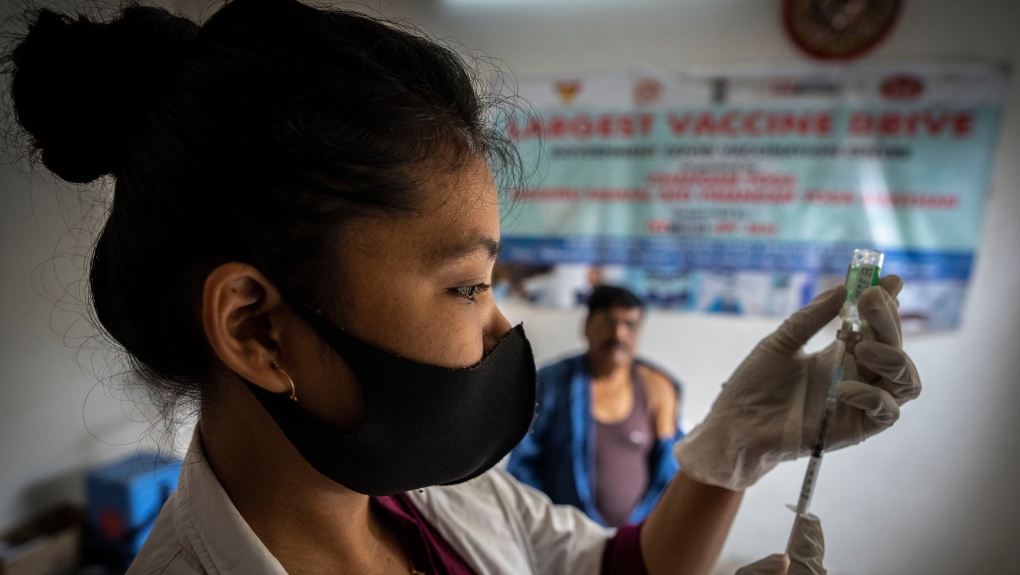
'Kraken' subvariant shows COVID continuing to evolve, vaccine equity needed: experts
CTV
Though the Public Health Agency of Canada said last week it’s 'too early' to tell if the Omicron subvariant XBB.1.5 is spreading in Canada beyond scattered cases cropping up— there’s still cause for concern and the public should be prepared by engaging in health measures, infectious disease experts say.
Though the Public Health Agency of Canada said last week it’s “too early” to tell if the Omicron subvariant XBB.1.5 is spreading in Canada beyond scattered cases cropping up— there’s still cause for concern and the public should be prepared by engaging in health measures, infectious disease experts say.
And the new variant is an indication that not only is COVID-19 continuing to evolve, it’s highlighting the need for vaccine equity globally to prevent more variants from emerging.
XBB.1.5 is a subvariant of the Omicron variant of COVID-19, nicknamed “Kraken”, and scientists began to warn about a new lineage from Omicron in the fall.
But now, XBB is the dominant variant in the U.S. and officials with the World Health Organization said at a press conference on Jan. 4 that this version of the COVID-19 virus is the most transmissible detected so far.
“The reason for this are the mutations that are within this subvariant of Omicron allowing this virus to adhere to the cell and replicate easily,” said Maria Van Kerkhove, the COVID-19 technical lead for the WHO, at the press conference.
She said XBB has been found in 29 countries so far, but it’s likely in more. Genomic sequencing initiatives have declined world-wide so it’s now harder to track how widespread a variant is, she explained.
And though there’s no evidence so far that the variant causes more severe illnesses, it’s clear XBB is easily transmissible and possibly more immune-evasive, said Dr. Lisa Barrett, an assistant professor in the Department of Microbiology and Immunology and in the Faculty of Medicine at Dalhousie University.
